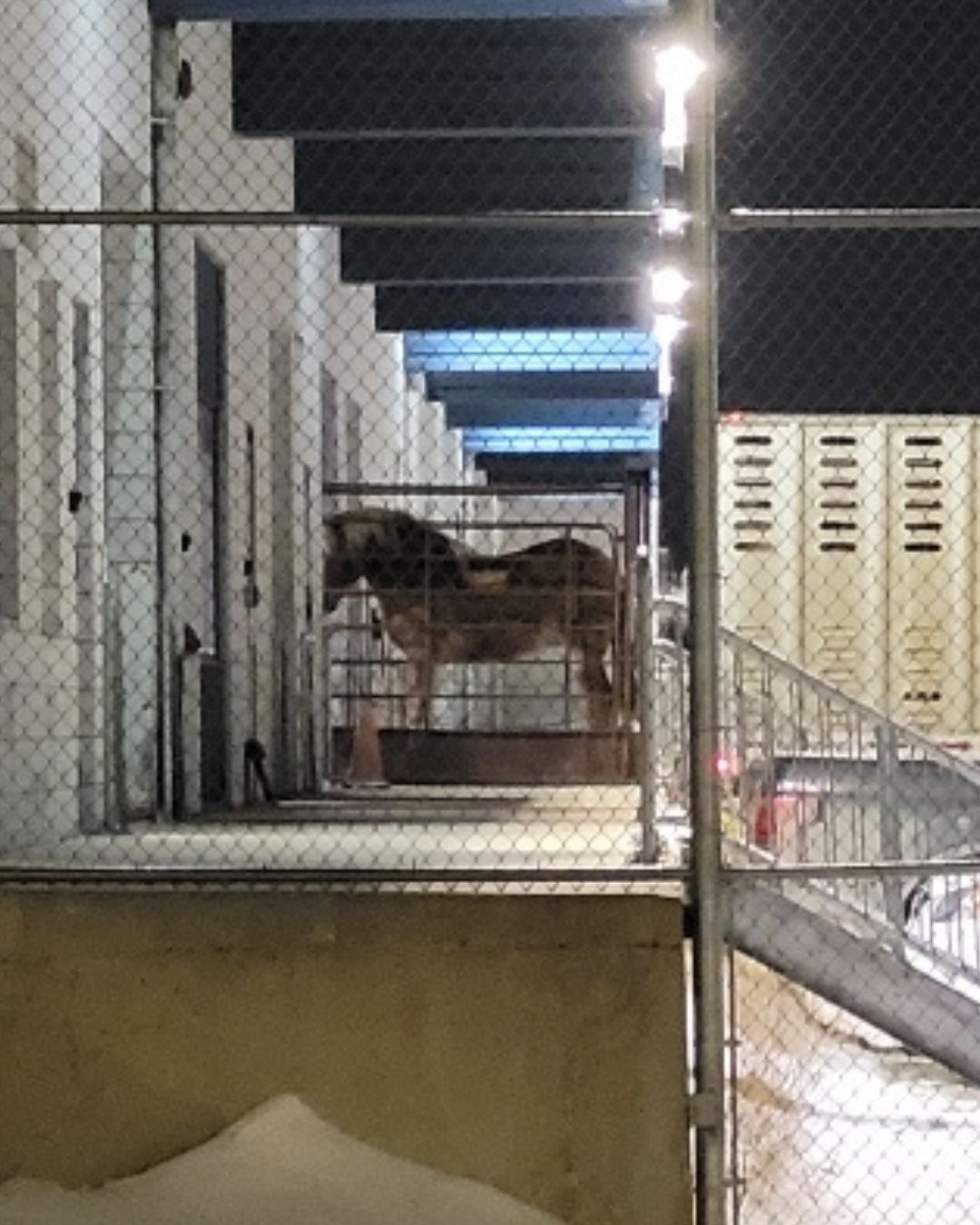Email today to buy or store your DASEIN System 6 can carton today.
[email protected]
grateful to report that all staff in impacted areas are safe. The most problematic aspect of the storm for my region was the storm surge, as water levels rose over 6 feet in an extremely short period of time, causing every body of water connected to the Gulf of Mexico to overflow. Such an event has not happened in over 100 years when the population was a fraction of what it is now, so naturally, the infrastructure here was not prepared to handle such a catastrophe. My thoughts and prayers are with the thousands of people who lost everything.
The estimated economic impact is unknown. AccuWeather believes the figure is around $160 billion but that is simply from the initial impact. I can tell you right now that it will take many months for the Tampa Bay Area to recover. Over 3 million homes and businesses lost power across Florida, South Carolina, North Carolina, Georgia, and even Virginia. Millions are still without power at the time of this writing. The entire state of Florida is dependent upon the hospitality sector, and thousands are now out of work. Countless small businesses simply will not walk away from this tragedy.
My area looks like a post-apocalyptic horror film. The beach areas have been utterly wiped out; the businesses and restaurants that were once there simply no longer exist. Areas that were not in traditional flood zones experienced water damage and countless homes and businesses are simply uninhabitable. If you dare to drive around as half the
traffic lights are down, you will see hundreds of homes with all of their furniture and possessions on the front lawn as nothing could be saved. Those living on barrier islands were trapped in their homes without power or water for days.
Individuals were taking out boats to conduct their own rescue missions throughout the area. I will say there has been a strong sense of community as everyone is coming together to rebuild. All the divisiveness prior vanished for a brief moment as people saw one another as neighbors in need, and there was an outpouring of compassion that is rarely seen in today’s society.
The economic impact truly cannot be calculated at this time, but the devastation has been massive. Over 100 people have lost their lives, and search and rescue missions remain ongoing. We greatly thank those of you who took the time to write in and offer condolences and prayers. The AE website will be back up and running as soon as possible,
https://www.armstrongeconomics.com/uncategorized/hurricane-update/
Basashi is the term for horse sashimi. The overwhelming majority of sashimi is fish.
ANOTHER SHIPMENT 💔🐴 At 4:05 AM, another export flight of horses left the Winnipeg airport & is now en route to Japan for slaughter. With the windchill, it was -30°C, yet horses were left in crates on the tarmac for hours. Canada must END this now! #CdnPoli
📷 @mbanimalsave
My battery is low and it's getting dark." These haunting words, sent from 225 million miles across the void, became the poignant farewell of NASA's Opportunity rover—affectionately known as Oppy—before it fell silent forever. Launched in 2003 and landing on Mars on January 25, 2004, Opportunity was designed for a modest 90-day (90-sol) mission to search for signs of ancient water. Instead, this plucky little solar-powered explorer defied every expectation, outlasting its warranty by a staggering factor of 55, roaming the Red Planet for nearly 15 Earth years (5,498 days / 5,352 sols). It traversed over 45 kilometers (28 miles), survived brutal dust storms, climbed crater rims, and delivered groundbreaking discoveries: definitive evidence of past liquid water, minerals formed in water, and hints that parts of ancient Mars could have supported microbial life.But in June 2018, a massive planet-encircling dust storm engulfed Mars, blocking sunlight for months and starving Oppy's solar ...

RFK Jr: Food is affecting everything that we do...if a foreign enemy or adversary did this to our country, poisoned us at mass scale, we'd consider it an act of war...
https://x.com/i/status/2023117209036312732
















